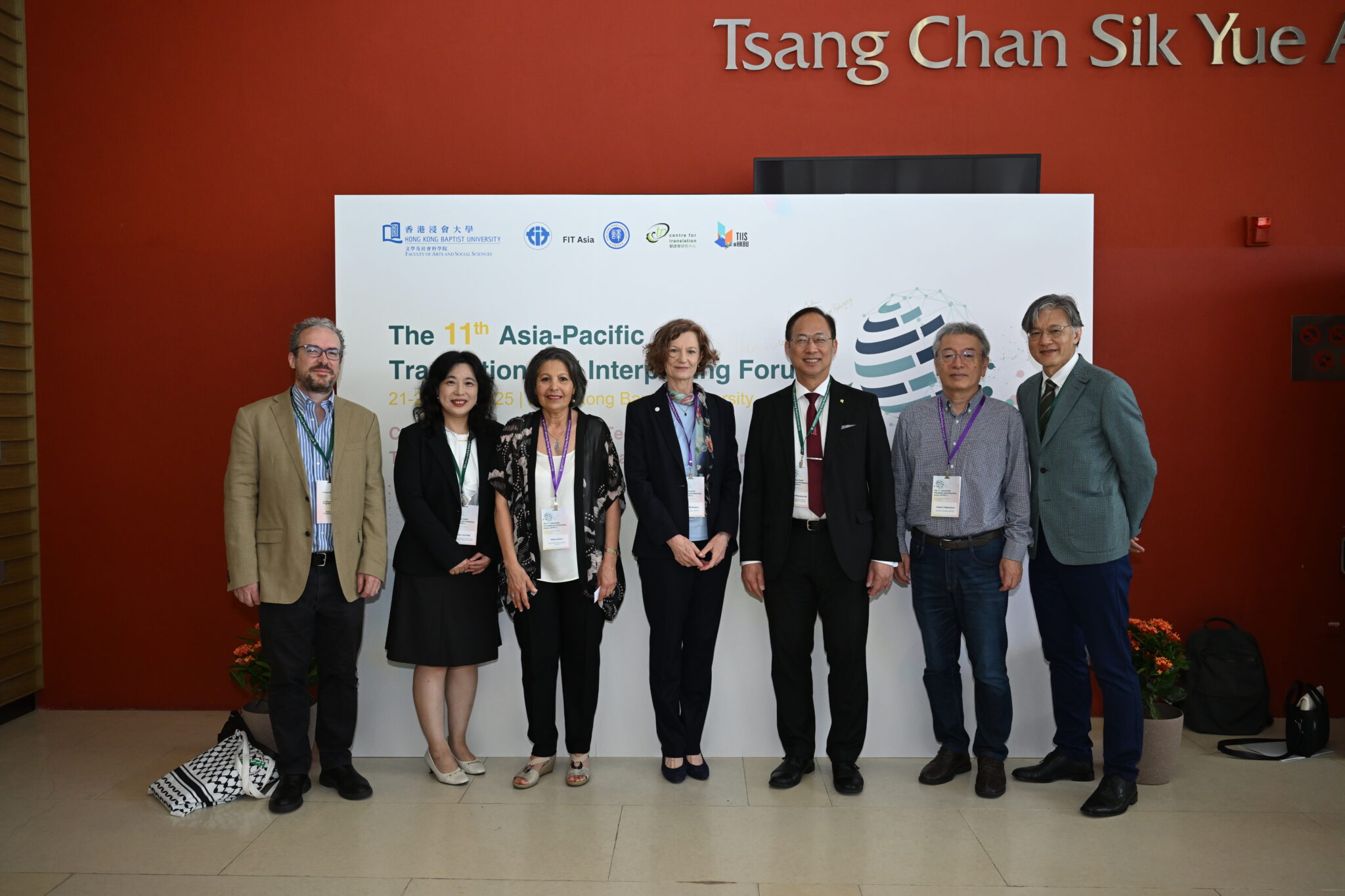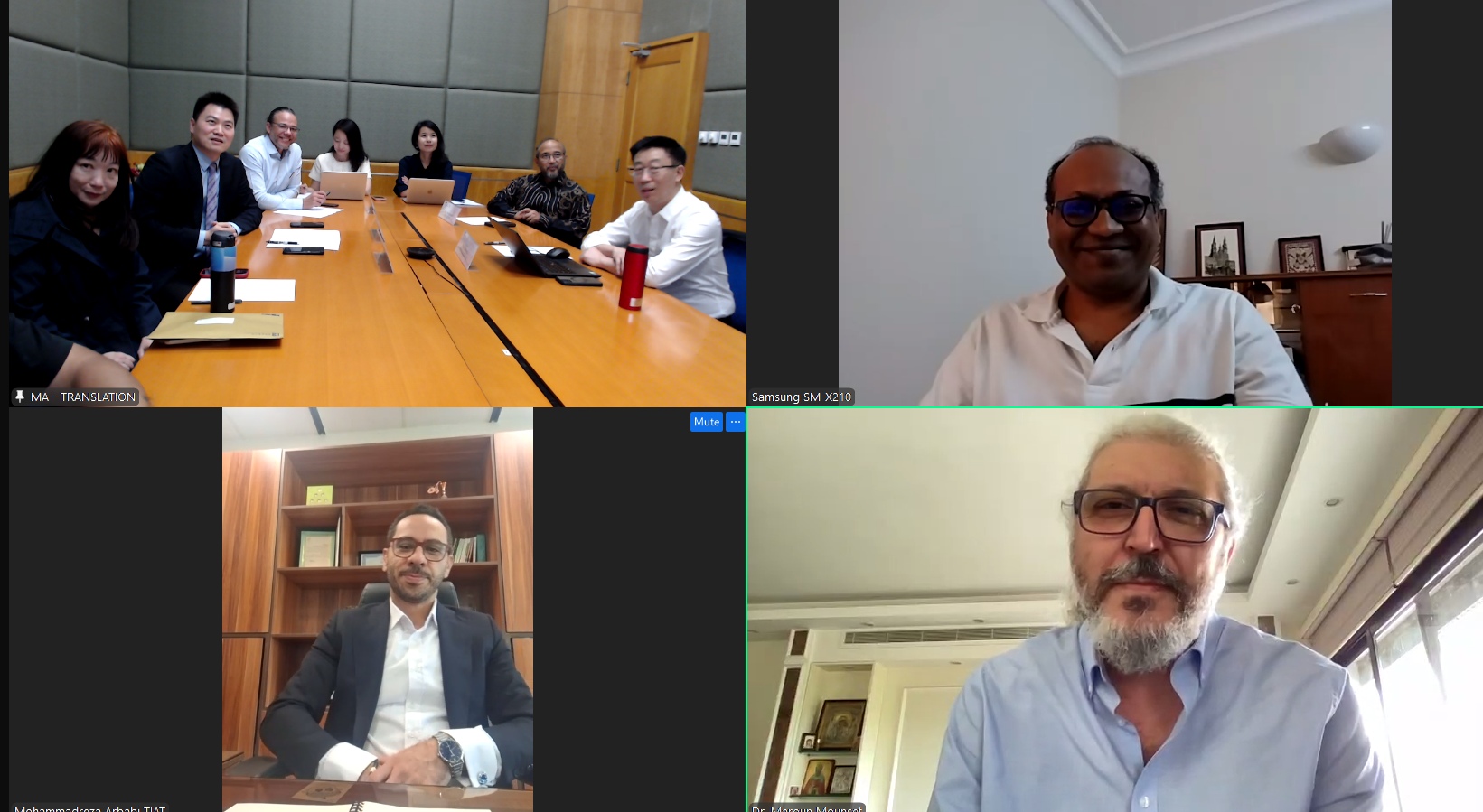No.1 2022
May 26, 2022
English Abstracts of Major Papers
Conceptual Transformations for a New Era in China’s Development of Translation Practices and Translation Studies
By FU Yonglin, HU Yun & XU Yiwen (Southwest Jiaotong University, Chengdu,China) p. 5
Abstract: As China enters a new era of socio-cultural development, its practices and studies of translation should also strive simultaneously to be ideologically committed, up-to-date, fluid and practical. Primary among these targeted features is a commitment to promoting ideational transforms of translation practices and studies at both the strategic and the tactical level. Strategically, translation practices and studies should endeavor to promote the right ideology at home and abroad. At the tactical level, they should heighten their senses of the problems faced, the subject-relevant literature involved, the historical background related, and the basic researches called for. Achieving these aims would be conducive to the development of China’s translation practices and studies in the new era, so that they could better serve the cause to fully modernize the country and the ideal to build up a human community with a shared future.
Keywords: translation practice; translation studies; ideational transform; strategic and tactical transforms
Three Phases in the Development of Linguistic Approaches to Translation Studies
By PAN Hanting (Beijing Normal University at Zhuhai, Zhuhai, China) p. 18
Abstracts: This paper revisits the development of linguistic approaches to translation studies since the mid-twentieth century and reexamines in particular the relationship between linguistics and translation. It focuses on three major stages in the evolution of these approaches, namely, the stage of early modern linguistics, of discourse analysis, and of multimodality. Following a review of these stages, the paper offers an extensive discussion on how linguistic theories have been intervening in and impacting on the growth of translation studies, offering some suggestions as to how the relationship might continue to develop in the future.
Keywords: translation studies; linguistics; discourse analysis; multimodality
The Interdisciplinarity of the Sociological Studies of Translation: Subject, Paradigm, and Discourse
By XU Minhui (University of Macau, Macau, China) p. 29
Abstract: The sociology of translation, developed at the end of twentieth century, employs a sociological framework in its analysis and explanation of translation as a social practice. This paper argues for the interdisciplinary nature of such an approach in terms of its subject areas, the paradigm it adopts, and the discourse it generates. An analytical description of the subject areas shows that the sociological approach covers the entire domain of translation, from the textual, the paratextual to the extratextual, and it also takes into account the interactions among the multiple disciplines involved. The sociological paradigm, moreover, entails an interplay between translation studies and sociology, with the former borrowing analytical tools from the latter while the latter using for reference the vision and achievements of the former. Together, they probe issues of their shared concerns in relation to culture, history, politics, and society. The sociology of translation thus opens up new spaces for the subject and paradigm of translation studies, paving the way for a new academic and social discourse and pointing to a new direction of interdisciplinary and multidisciplinary development in/between humanities and social sciences.
Keywords: sociology of translation; interdisciplinarity; subject; paradigm;discourse
Translation and Reception of Contemporary Chinese Novels in Arabic-speaking Countries Since 2000
By GAO Bin (Jiangsu University of Science and Technology, Zhenjiang / TongjiUniversity, Shanghai, China) p. 47
Abstract: China and Arab countries have a long history of cultural exchanges, and since the advent of the 21st century, the translation of contemporary Chinese novels in particular has been gaining momentum in Arabic-speaking countries. This paper calls attention to the trend, discussing the reception of contemporary Chinese novels by the ordinary readers, the governments and the sinologist translators in those countries, and exploring the reasons for which contemporary Chinese novels are comparatively well-received in the arabophone world. Inconclusion, the paper points out that the insights gained from the case discussed can well be applied to promoting the “going out” of Chinese literature to other parts of the world.
Keywords: contemporary Chinese novels; Arabic-speaking countries; translation; reception
Translating Nuosu People’s Creation Epic: A Conferential Co-translation Based on “Five Presences” of Field Survey
By JIAO Pengshuai (Southwest Minzu University, Chengdu, China) p. 56
Abstract: This paper subjects to a close examination The Nuosu Book of Origins: A Creation Epic from Southwest China (2019), co-translated by Mark Bender and Aku Wuwu, by exploring the background of this translation project, its criteria for selecting the source text, the preparations undertaken before translating, the translating process itself, as well as its publication and the translation ethics reflected therein. The study shows that a translation based directly on the original language source text, such as this one, can avoid as much as possible the “formatting” influence from indirect translation. The co-translators’ adoption of the “five-presence” mode of fieldwork in preparation for their act of translating had turned them both into “researchers in close proximity” enabling them to observe, experience and participate in the tradition, field and reality of Nuosu narrative epics. And the conferential co-translation mode, implemented throughout the translating process, had provided a necessary methodological guarantee for an accurate understanding of the original Nuosu text. In addition, an inter-university cooperation carried out between the two co-translators’ respective institutional affiliations also went a long way toward enabling the literature and culture of Nuosu, an ethnic minority in China, to go abroad and become a subject of international studies.
Keywords: five-presence; a conferential co-translation; fieldwork; translation ethics
Toward a Task-based Model for Translation Teaching
By GONG Rui (Shanghai International Studies University, Shanghai, China) p. 64
Abstract: Translation competence is mainly a procedural knowledge. To facilitate the acquisition of such a knowledge, a task-based approach to organizing teaching activities is called for. Based on a review of competence-related researches and constructivist learning models, and drawing also on the author’s own teaching experiences, this paper proposes a model of task-based translation teaching and elaborates on its components such as task selection, performance assessment and classroom teaching. Focusing on students’ translation process and thinking mode, the model renders it possible for translation teachers to continuously monitor and intervene in their students’ undertaking of assigned translation tasks. With the help of the model, the students could quickly come to grips with the way a translation expert constructs and optimizes his/her knowledge base or strategy system, and would thus be in a better position to meet the translation market’s demands once they complete their program of study.
Keywords: translation task; translation process; thinking mechanism; expertise; translation teaching
Choice and Innovation: Alicia Relinque Eleta’s Spanish Translation of Classical Chinese Literature
By CHEN Tingting &TAN Zhenrong (AnhuiUniversity, Hefei, China) p. 99
Abstract: Few translators have left a more visible imprint on Chinese literature’s translation and dissemination in Spanish-speaking countries than Spanish sinologist Alicia Relinque Eleta. This paper offers a systematic review of Eleta’s translation and research of Chinese classics, examining her conception, strategy and method, and analyzing the interrelationship between her translation and research as well. As the review shows, it is Eleta’s creative approach to translation that facilitates her works’ understanding and acceptance by Western readers. In her case, we find an illuminating exemplar for other translators who are engaged in efforts to promote overseas dissemination of Chinese literature and culture.
Keywords: classical Chinese literature; Alicia Relinque Eleta; Sinology; Chinese-Spanish translation
The Language of Painting in Literary Translation: With a Special Reference to the Rendition of Color Terms
By ZHANG Baohong (Guangdong University of Foreign Studies, Guangzhou, China) p. 150
Abstract: Just as language communicates meaning and feeling through words, phrases and sentences, paintings create their artistic effects by way of lines, planes and colors. In works of literature, the use of language is often blended with painting skills and methods for the creation of innovative literary expressive forms that maximize the power of expression and promote the fusion and development of literature and arts. Little research has been done, however, on how translation deals with this kind of hybrid forms. With a reference to color-generated features and aesthetic values in the art of painting, this paper looks into the cognitive process whereby literary translators employ terms of colors to represent distance, feeling and scene for the production of various artistic effects. Its findings open up a fresh way of thinking for the translators, introduce a new approach to literary translation, and broaden the horizon of literary translation studies in general.
Keywords: literary translation; language of painting; color
Translation-related Shift of Nominalizations in C-E Translation of Official Documents
By TANG Geliang & QU Yingmei (Northeast Normal University, Changchun, China) p. 158
Abstract: Nominalizations have been abundantly used in Chinese political documents and their English translations. As an important source of grammatical metaphor, nominalizations can lead to a re-construal of experience, and their altering, adding or omitting in translation can result in a semiotic reconstruction of the source text. Within the framework of the grammatical metaphor theory in the Systemic Functional Linguistics, this paper proposes a basic model for effecting the translation-related shift of nominalizations and discusses how the strategy proposed could be applied in the translation of Chinese political documents. What this project reveals bears implications for translation teaching and practice, and it also sheds some useful light on research about internationally-oriented political communications.
Keywords: Chinese political discourse; nominalizations; grammatical metaphor; translation shift




